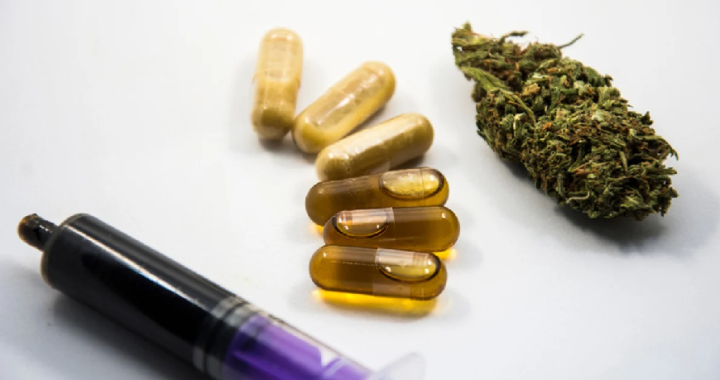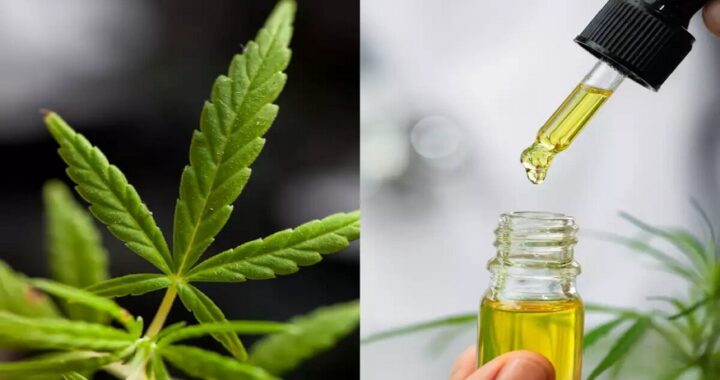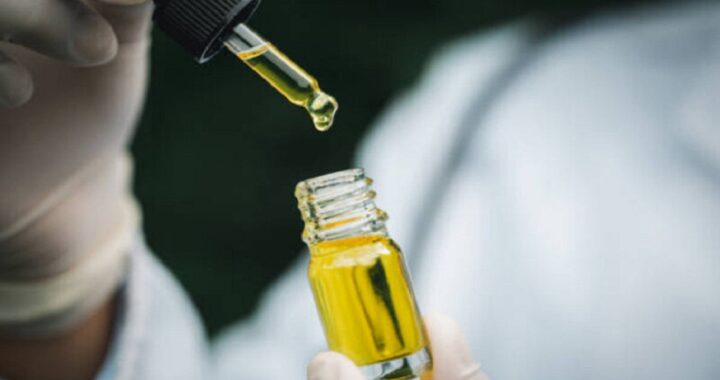Medical Marijuana Creates Confusion for Employment Drug Tests

Concerned Businessman Wondering about something
Some 33 states along with the District of Columbia, Puerto Rico, and Guam now allow the use of medical marijuana. Meanwhile, employers all across the country screen job candidates for drug use prior to hire. Many companies even subject employees to random drug tests throughout their careers. Unfortunately, medical marijuana has thrown a monkey wrench into workplace drug testing.
Employers absolutely have a right under federal law to test employees for drugs. What they can do with test results is where the debate begins. Would an employer be guilty of discrimination for firing an employee who uses medical cannabis legally? Are conditions requiring medical cannabis also disabilities requiring employer accommodations?
There are no clear-cut answers to the questions that employers face. However, there is a lot of confusion. The source of that confusion is a disagreement among the federal government and the 33 states that allow medical cannabis.
Still a Controlled Substance
Federal law still classifies marijuana as a controlled substance. That has not changed just because some states and the District of Columbia have approved medical marijuana. Marijuana dispensaries and breeders are only allowed to do what they do – at least in Washington’s eyes – because the government has chosen not to enforce federal regulations.
The disparity between federal and state laws makes it difficult for employers to know where they stand. For example, there are certain industries that are regulated at the federal level rather than the state level. Interstate trucking is a good example. Federal law requires trucking companies to regularly test their employees for drug use. So even in a state where medical cannabis is legal, truck drivers might be prevented from using it.
The Problem with Testing
It seems obvious that we do not want truck drivers behind the wheel if they are under the influence of any mind-altering drug. And yet, random drug testing may not necessarily be indicative of a truck driver’s problem with marijuana.
The problem with testing for cannabis is that test results do not necessarily reflect the truth of the moment. THC can remain in a person’s system for weeks after use. Therefore, testing positive does not indicate an employee is actually high. Testing for alcohol is just the opposite. Give a truck driver a breathalyzer test and you will instantly know whether or not he/she’s drunk.
Employer Marijuana Policies
An interesting survey of more than 700 hiring managers reveals that a majority of America’s employers don’t care about marijuana use outside of work. However, 75% say they would fire an employee for using cannabis at work. The same survey revealed that 68% of employers are okay with marijuana use; they just do not want to know about it.
All of this points to the realization that companies located in states where medical marijuana is legal should have appropriate policies in place. A good policy determines when testing will occur and how a company will deal with positive test results. Not developing comprehensive policies is essentially playing with fire.
No Longer an Outlier
With so many states now allowing medical cannabis use, marijuana is no longer a medical outlier. Even conservative states like Utah have embraced medical marijuana. In fact, Provo-based Deseret Wellness says that medical marijuana in Utah continues to increase.
Unfortunately, the confusion surrounding medical marijuana and employment drug testing is not making things any easier for employers. This is one area in which the advice of a good lawyer is indispensable. Employers need to know their rights and responsibilities in order to navigate a world in which regular cannabis use is now acceptable for certain medical conditions.

 Understand the Differences Between THC and THCa Flowers
Understand the Differences Between THC and THCa Flowers  THC capsules and the terpene connection-A flavourful exploration
THC capsules and the terpene connection-A flavourful exploration  Difference Between Vijaya Extract and Vijaya Extract Tincture.
Difference Between Vijaya Extract and Vijaya Extract Tincture.  Medical Marijuana & Sleep Disorders – Insomnia & Sleep Apnea
Medical Marijuana & Sleep Disorders – Insomnia & Sleep Apnea  Top-Quality Hemp and CBD Products With Easy Delivery Options
Top-Quality Hemp and CBD Products With Easy Delivery Options  Assuring the Best Health Restoration with Trusted CBD Solution
Assuring the Best Health Restoration with Trusted CBD Solution  Tennessee Men’s Clinic Highlights the Transformative Power of Fitness on Men’s Lives
Tennessee Men’s Clinic Highlights the Transformative Power of Fitness on Men’s Lives  Behind the Scenes: A Day in the Life of a Veterinary Hospital Staff Member
Behind the Scenes: A Day in the Life of a Veterinary Hospital Staff Member  WHAT IS A VASECTOMY? EVERYTHING YOU NEED TO KNOW
WHAT IS A VASECTOMY? EVERYTHING YOU NEED TO KNOW  Vaccination Schedules For Cats And Dogs: What Every Pet Owner Should Know
Vaccination Schedules For Cats And Dogs: What Every Pet Owner Should Know